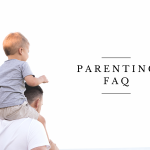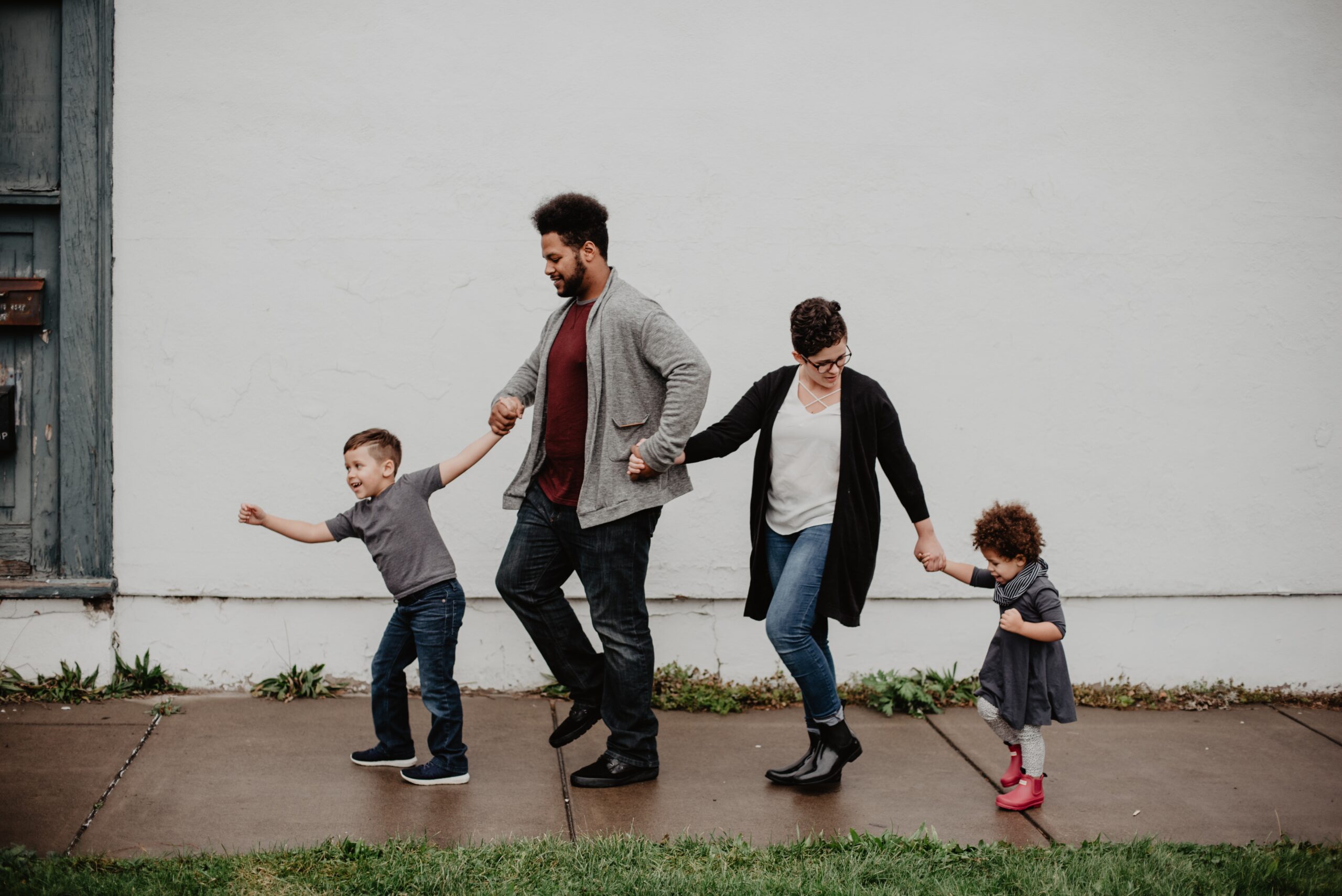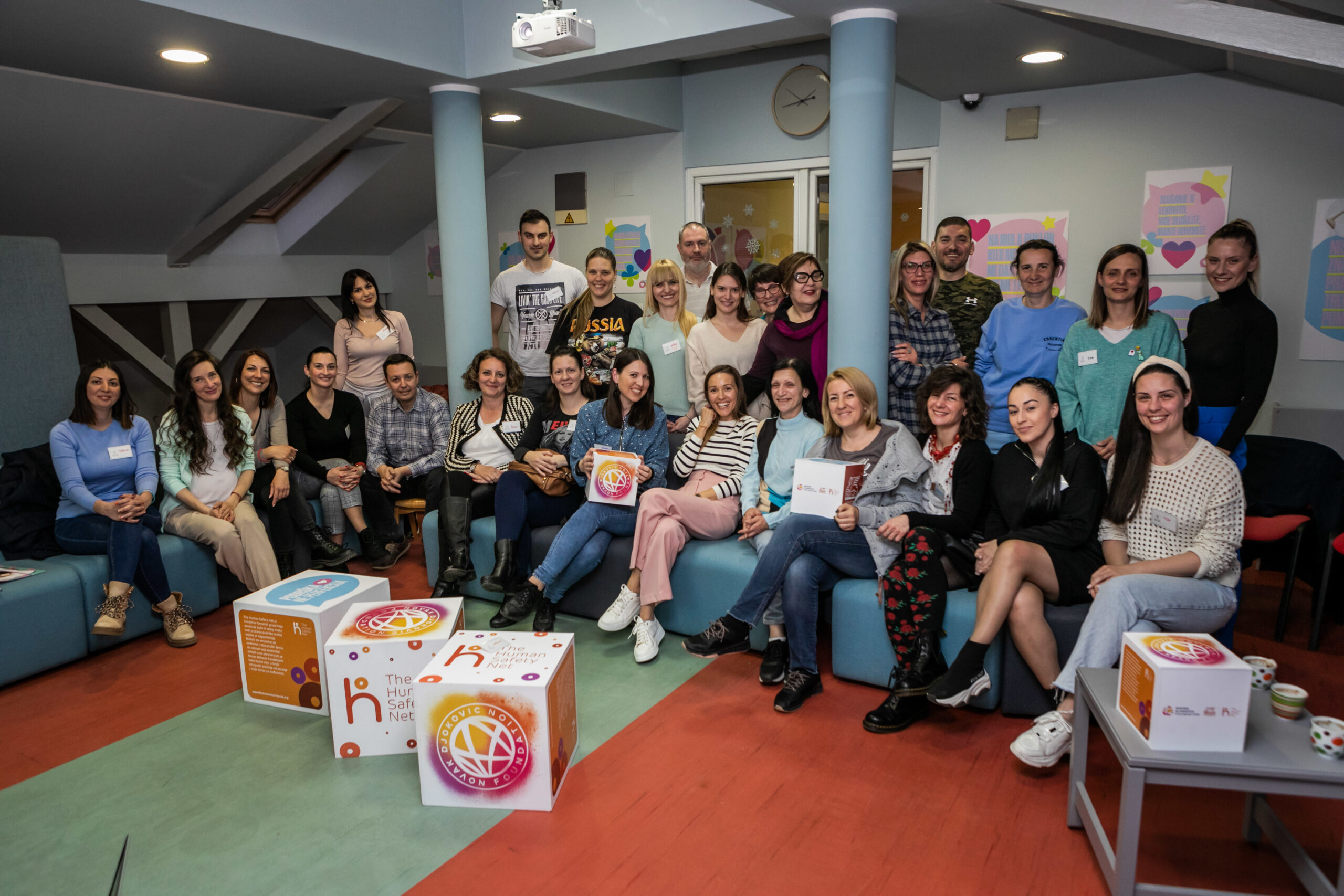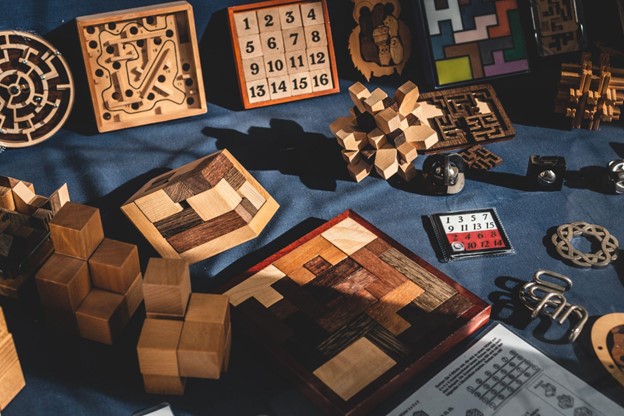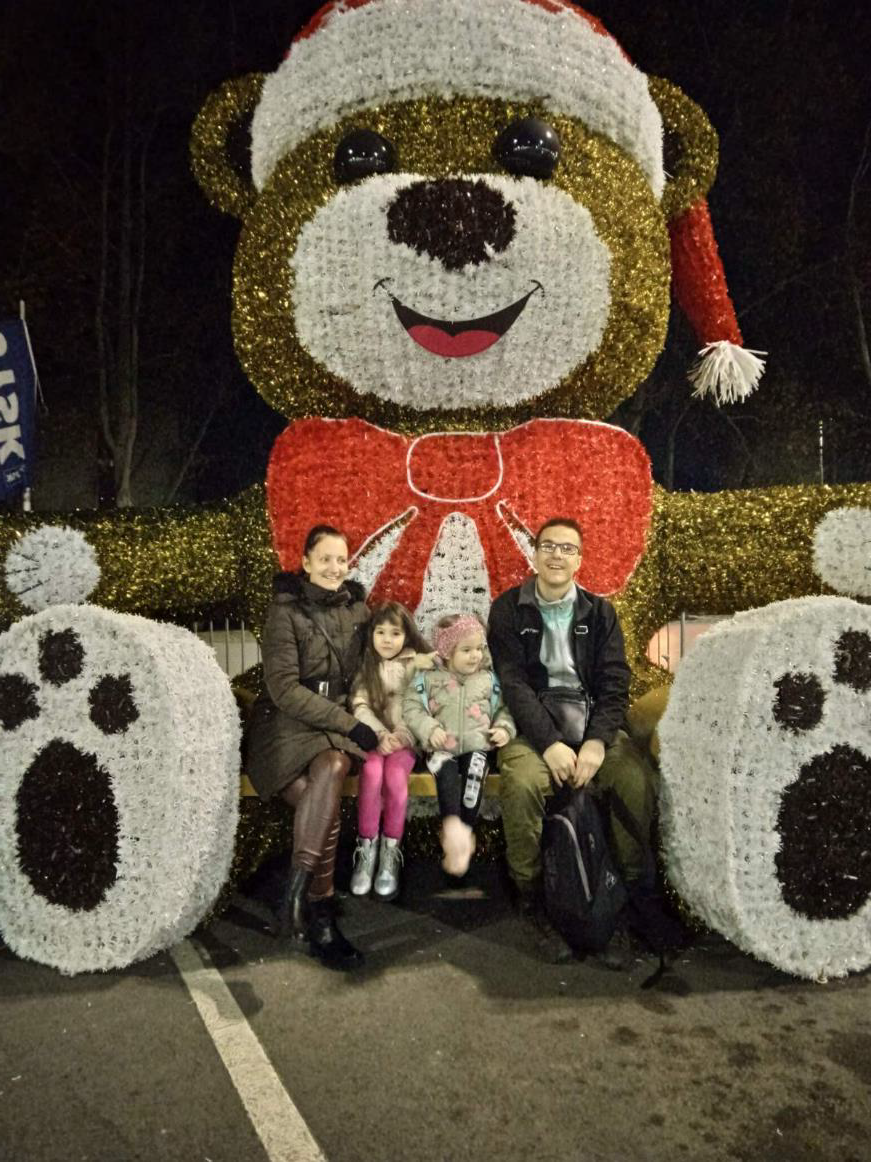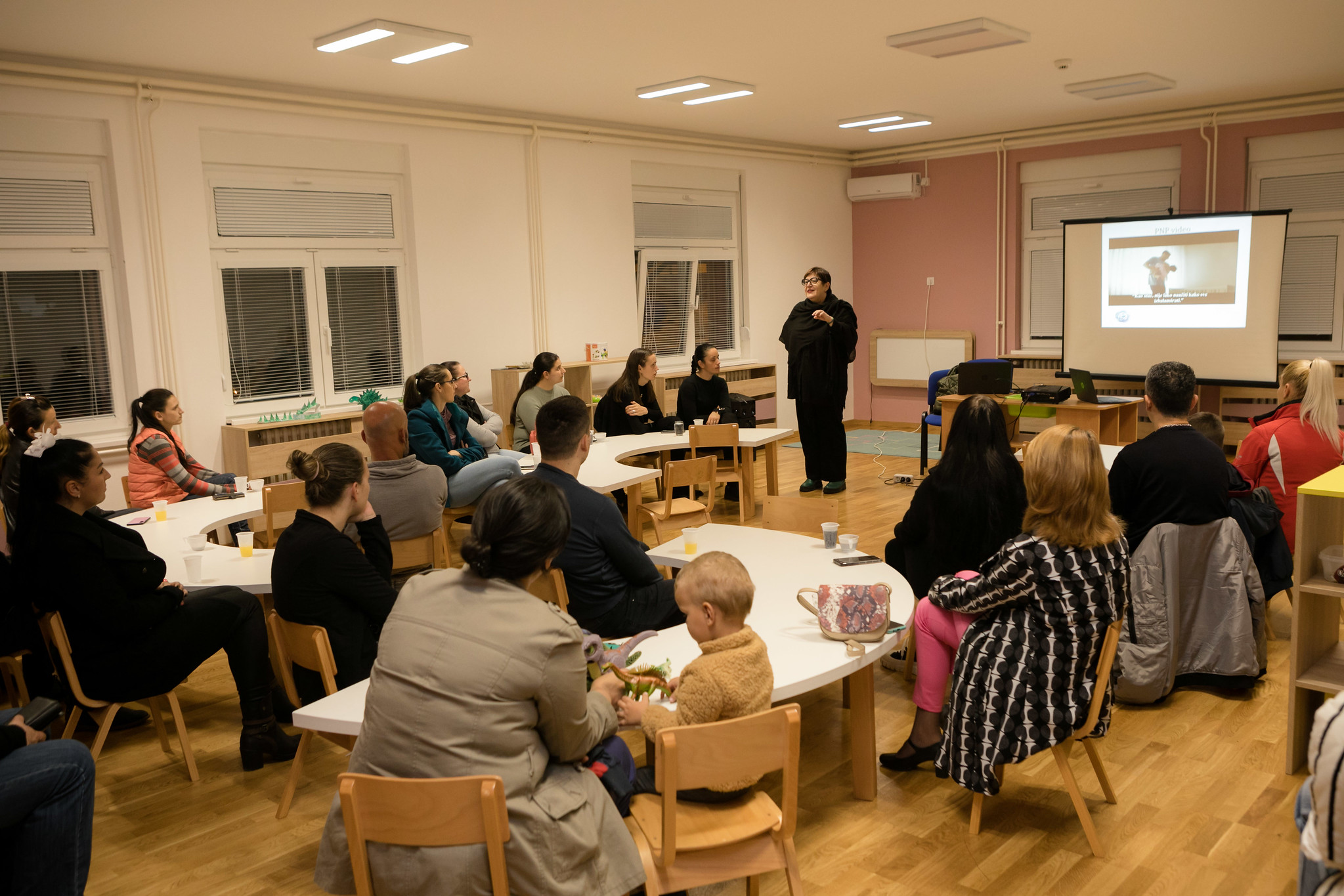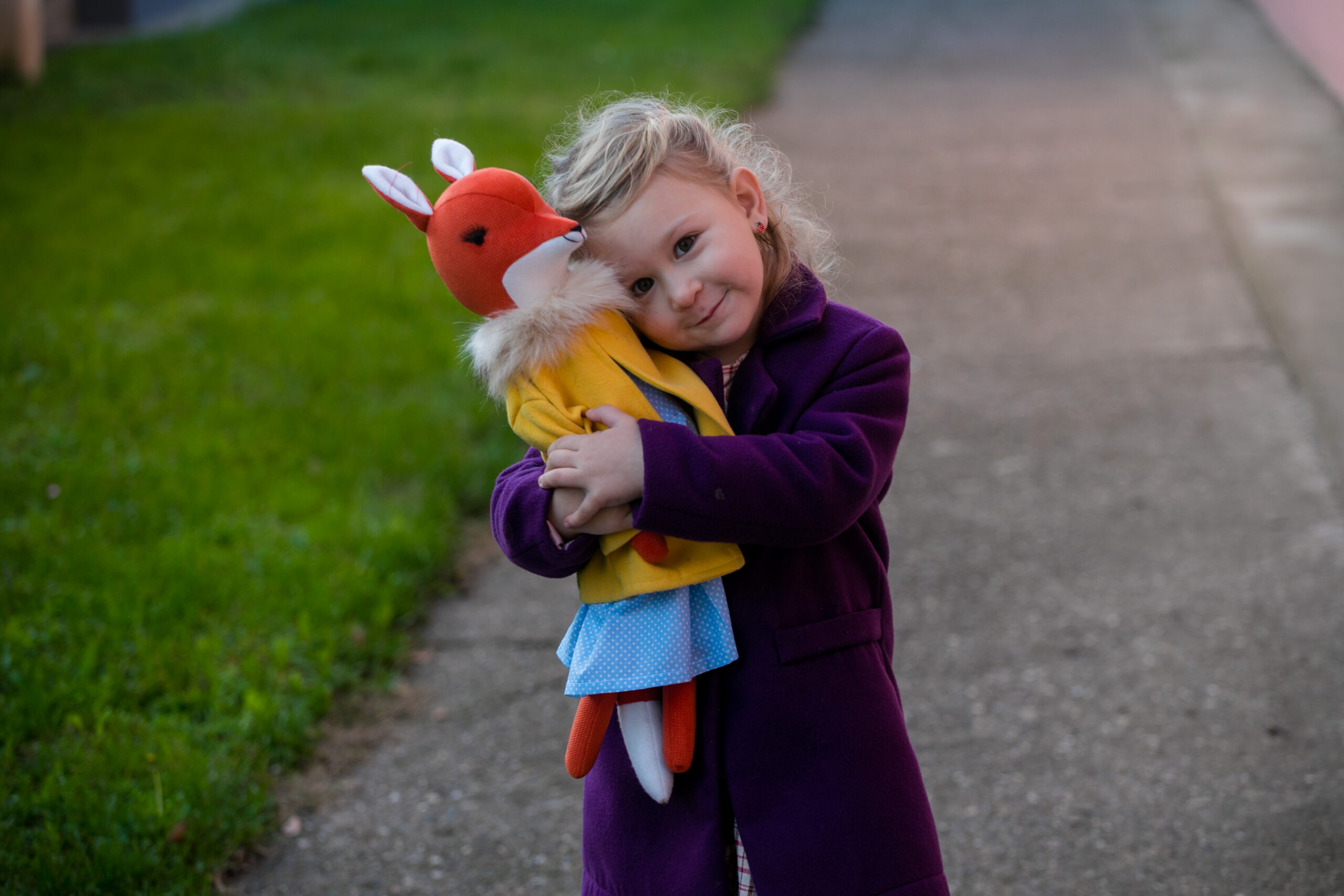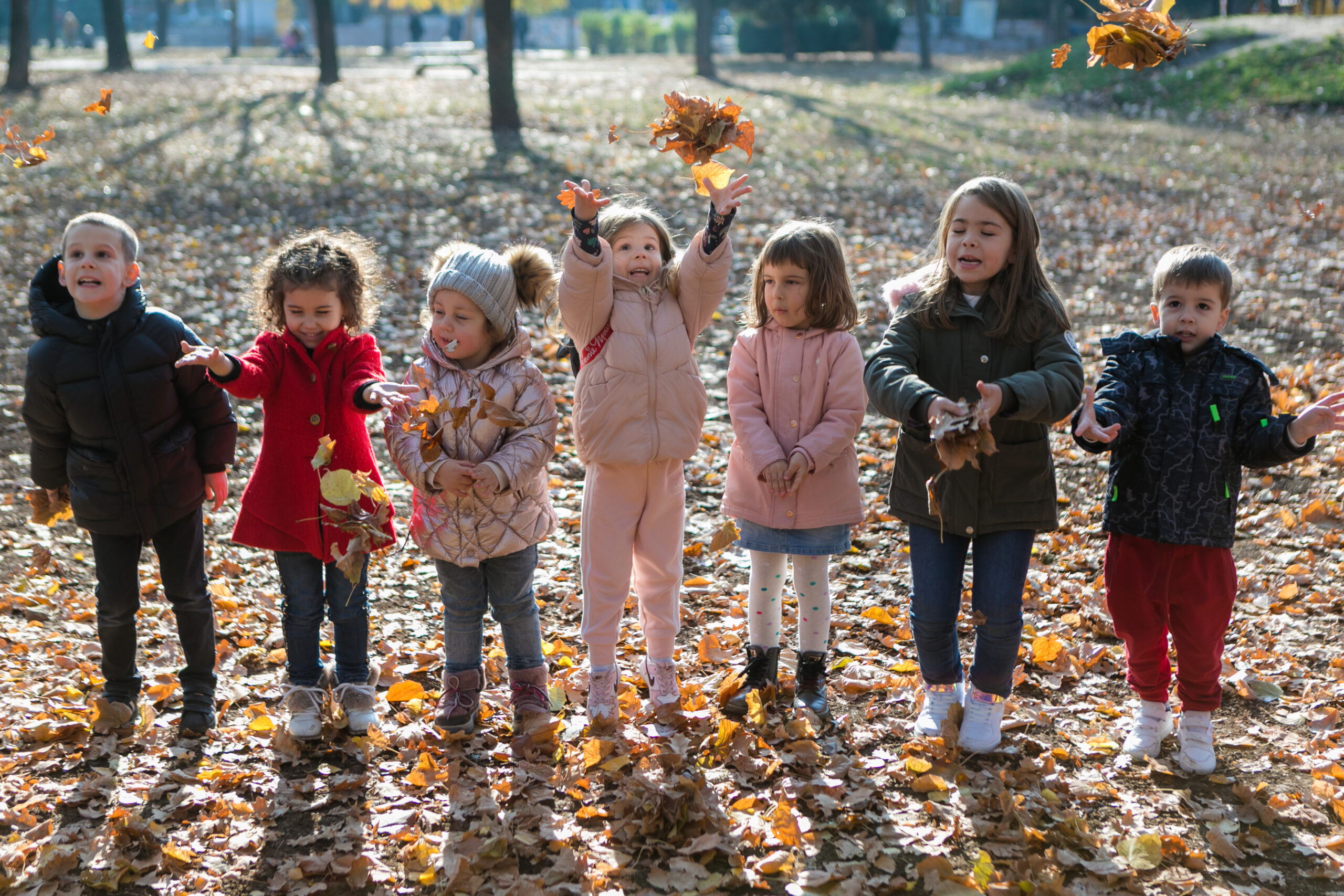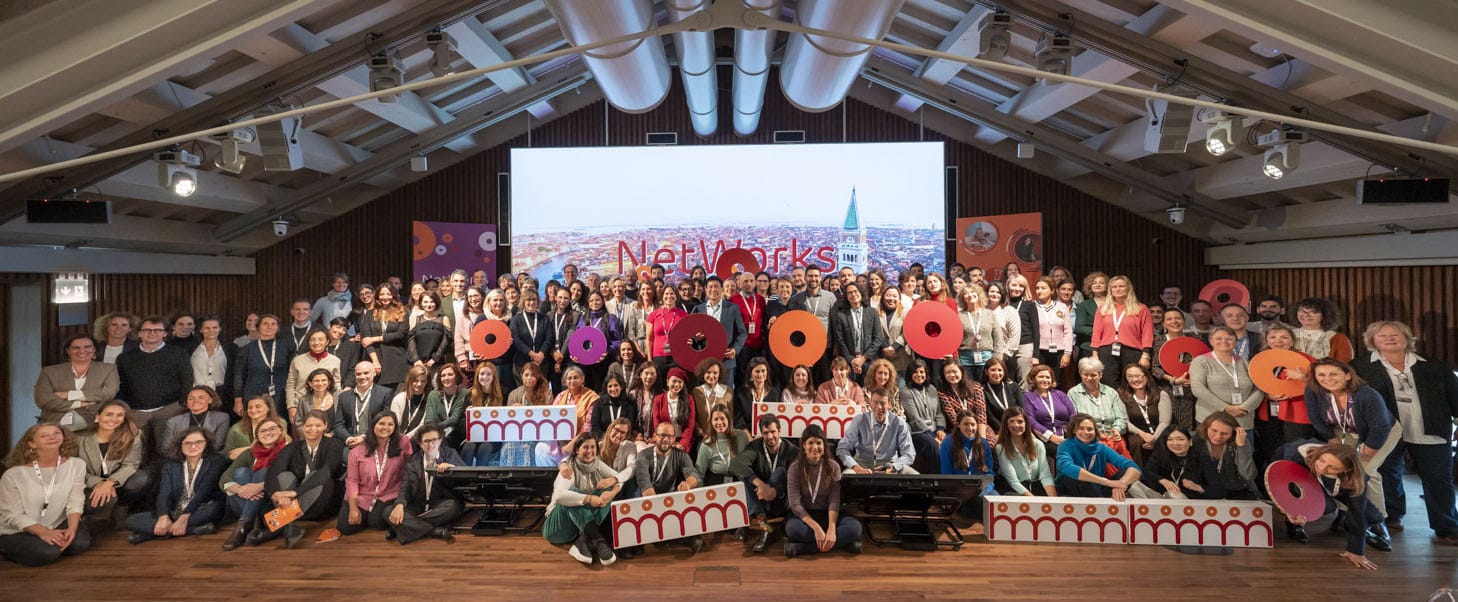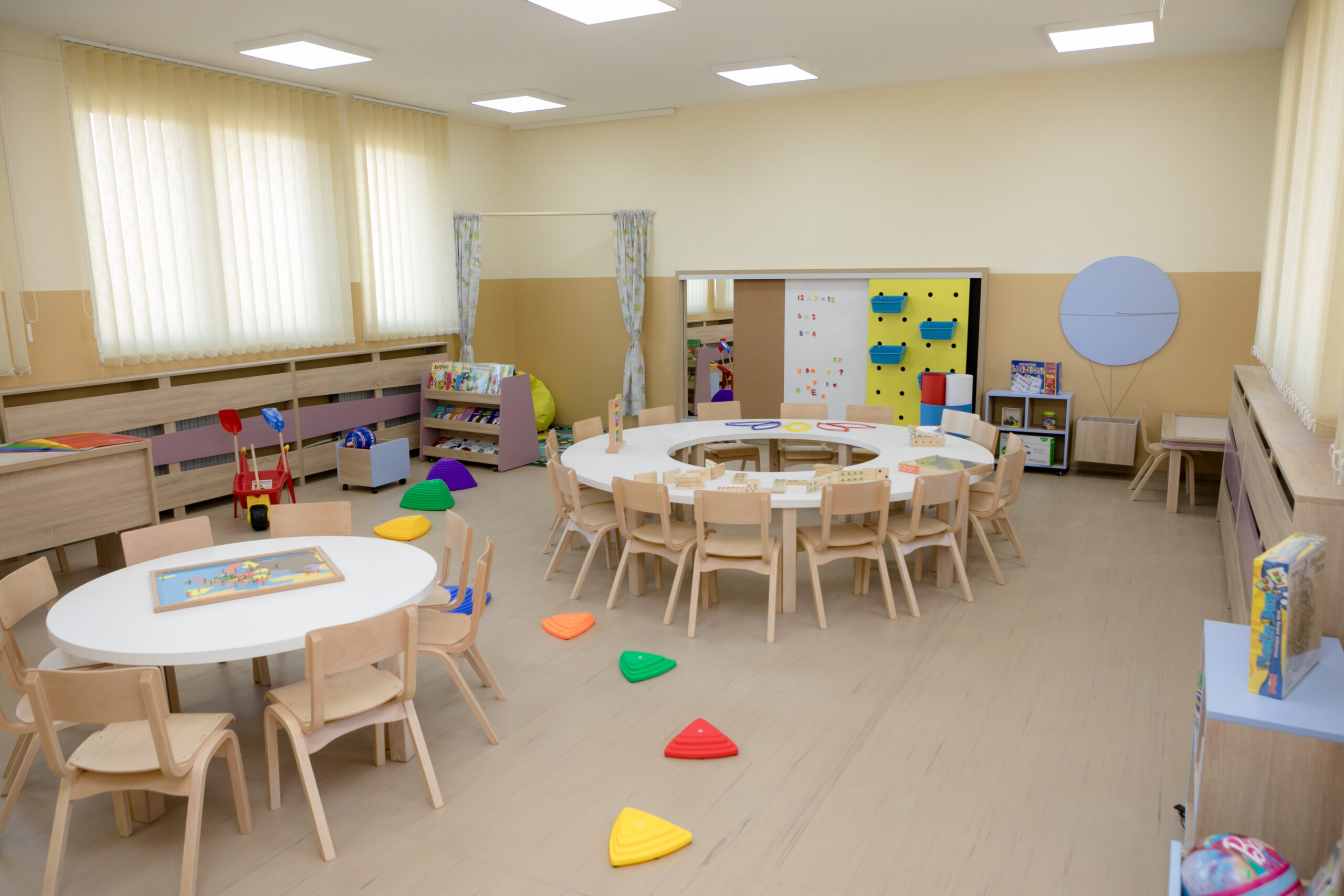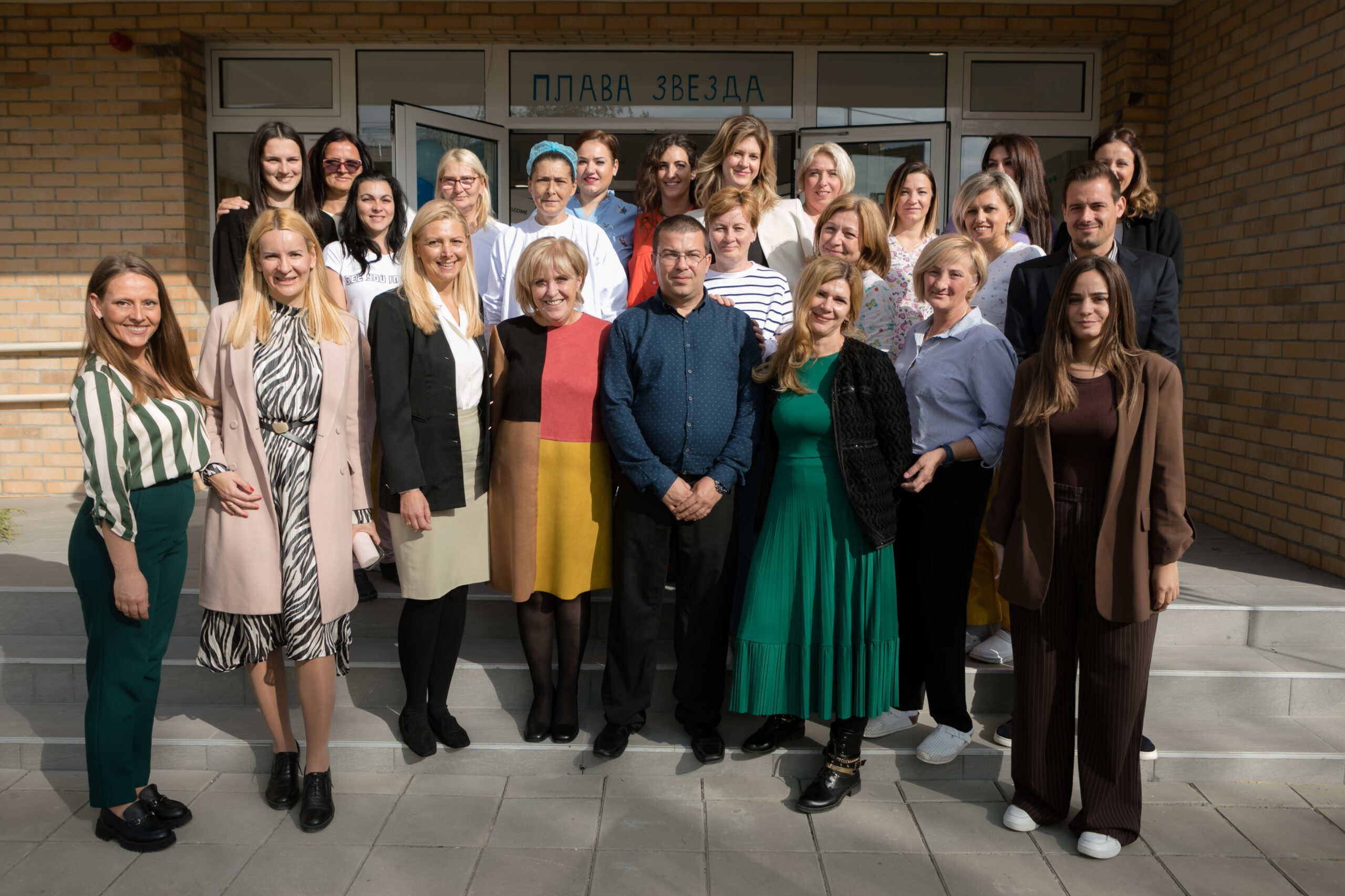With the desire to provide support to parents and caregivers in this challenging period, our psychologist and psychotherapist Smiljana Grujic will respond to some common parent dilemmas. We hope that our new section “Parenting FAQ” is useful and interesting! If you want to ask Smiljana a question, feel free to write to us in the comment section below, and we will include an answer to your question in the next blog.
-
“Our child is anxious and more afraid nowadays. How can we help him ?” – Ana, mother of a 5-year-old
In challenging situations such as this one, parents usually want to reduce the child’s ‘suffering’. When the child is afraid, the parents think that the first thing they need to do is to make the child unafraid, and then minimize the fear, ignore it, “put it under the carpet” or leave it so they can deal with it on better days.
That is understandable because parents want their children to be happy and to have their life filled only with pleasant emotions. However, we know that those expectations are unrealistic.
First, we should remind ourselves that fear is one of the basic emotions and that it is often necessary for survival.
When the child shows that it is afraid, show understanding for his fears. Help the child relax. You know your child best and you know what calms him. Actively listen to him, do not offer solutions and do not make estimates or use labels. In this situation, you should help the child express his feelings. Acknowledge his feeling of being afraid. Do not mock him or call him names.
Tell your child: “When you ask me… you look scared and like you want everything to be fine? Did I understand that properly?”.
It’s not good to say: “You have nothing to be afraid of” or “Boys don’t get scared!” or “Those who don’t get afraid are strong.” In this manner, the child will not learn to control the emotion of fear.
When you name the emotion and show understanding for the feeling that overwhelmed the child, then you can suggest him to draw his fear, represent it with colour, give it a shape and a name.
You can make a shield together, to protect you and the child from fear. Then use that shield to talk about fears, share them and think of ways how to break up the fear when it appears.
And finally, it’s hard to support your child if you are scared too. So tell yourself: “This is the expected behavior in this situation.” Then first calm yourself, because only then will the child get the security and the support it needs.

We hope that our new section “Parents FAQ” is useful and interesting! If you want to ask the psychologist Smiljana Grujic a question, feel free to write to us in the comment section below, and we will include an answer to your question in the next blog.
-
“Can this situation impact the development of a 19-month baby?”
In the dependency period in which babies are in, it is important for them to always have at least one person with them who will meet their needs and protect them. One of the best things you can do for your baby, to stimulate its general development, is to have a stable bond, not just now, but always. For the baby, the most important thing is that adults regularly react and meet the baby’s needs, physiological and psychical.
In stressful situations such as this one, first parents need to control their stress.
Even when we cannot determine what the baby needs, or even when it doesn’t need anything other than care and love, the baby learns to believe that its needs will be met, and builds a connection which is a requirement for its further development. Babies need the parents’ attention most of the time, not all the time.
If the baby’s reactions to stress occur often and remain active during a long period without the presence of a caring adult, the baby might experience toxic stress.

“The relationship with children is built gradually, and every day from the start again.”- psychologist and psychotherapist Smiljana Grujic
-
“How to avoid bribing in a stressful situation like this one?”
Bribing is a dangerous tool. It solidifies bad behavior at all times. It teaches children that they can be naughty to get what they want. Parents bribe their children because they want to stop bad behaviors. When they do it, they say: “I will give you… if you do something or stop doing something…”. Actually, in that way, they give children power.
However, a sense of power usually never brings anything good to anyone. When parents are under stress, and the majority of parents are in this situation, they often think that they cannot do anything, so they bribe the children. That is the easier way because it gives the parents an illusion that they are not too lax. After all, the children still need to do something.
The relationship with children is built gradually, and every day from the start again.
It is important to keep in mind that the goal is to educate children, not to indulge or exercise power. The foundation of the relationship needs to contain clear limits and rules, with the addition of love, respect, and support.
Smiljana Grujic is the program manager of the Novak Djokovic Foundation and is a psychologist and psychotherapist by profession. Her focus is on compassionate communication and emotion management. Smiljana heads the Support, not perfection program which supports parents of children aged 0-6.

